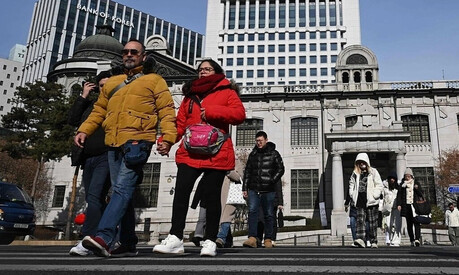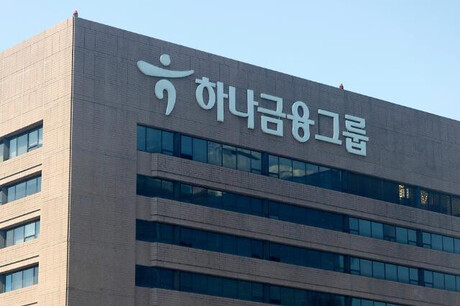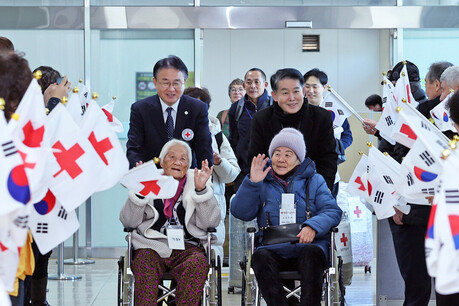
The South Korean Ministry of Health and Welfare and the National Health Insurance Service are considering imposing health insurance premiums on daily wage workers, according to an announcement made on [date]. Daily wage workers are individuals who work for less than three months for the same employer and are paid by the day or hour.
Under the National Health Insurance Act, health insurance premiums are levied on income from interest, dividends, business, and employment. Daily wage income is also considered employment income under the Income Tax Act and, therefore, is, in principle, subject to health insurance premiums. However, due to the perception that daily wage income is associated with low-income and vulnerable groups, premiums have not been imposed on it in the past.
In February, when the Ministry of Health and Welfare announced its "Second Comprehensive Plan for National Health Insurance," it focused on expanding the premium base by targeting income from interest and dividends. The plan aimed to establish a system where individuals would voluntarily report and pay premiums when they earned income from interest or dividends.
Although the plan mentioned exploring new sources of income for stabilizing health insurance finances, it did not specifically mention daily wage income. However, recent increases in daily wage income have raised concerns about equity, leading to the decision to impose premiums on such income.
In 2022, there were 337,763 people who earned over 50 million won from daily wages, with a total income of 22.66 trillion won. Among them, 458,678 were foreign workers, earning a combined 9.09 trillion won.
A Ministry of Health and Welfare official said, "There have been many criticisms that not all daily wage income, which ranges from low to high, is exempt from health insurance premiums. We are now starting to examine how to set criteria for imposing premiums."
Foreign Workers Exempted from Premiums The fact that foreign daily wage workers have been exempt from health insurance premiums has also contributed to the need for a review of the system. According to data collected by the National Health Insurance Service, foreign worker A earned 980 million won from daily wages but paid no health insurance premiums. Foreign worker B earned 300 million won from daily wages and 160 million won from business income. While the health insurance authority imposed premiums on the 160 million won in business income, it was unable to collect premiums on the 300 million won in daily wage income.
An official from the National Health Insurance Service said, "We are considering expanding the imposition of health insurance premiums on daily wage income. Based on 2022 income, if we were to apply premiums to 6.54 million daily wage earners, we estimate that we could secure an additional 1.2067 trillion won in revenue."
[Copyright (c) Global Economic Times. All Rights Reserved.]





























